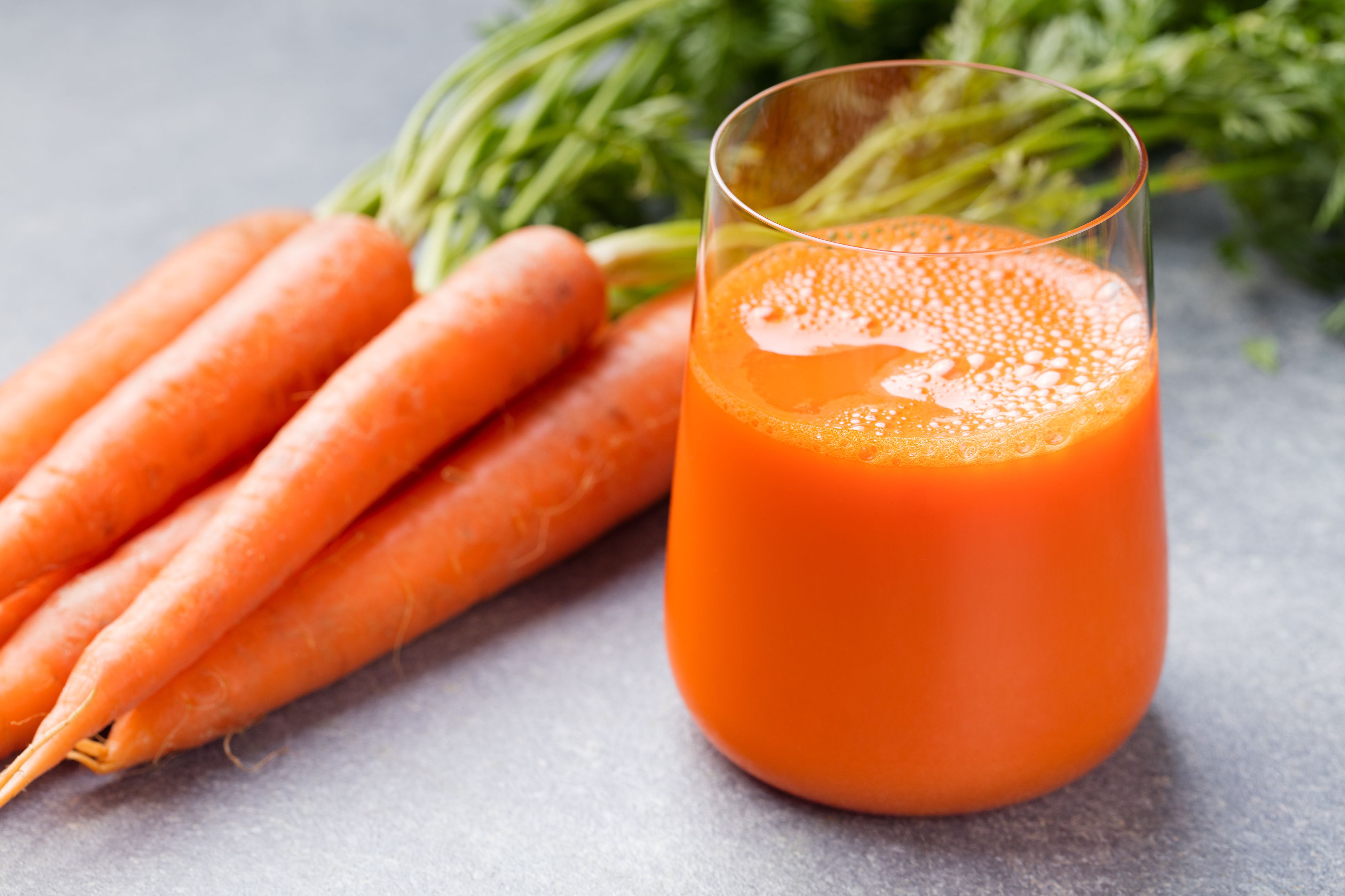
Inefficiencies in the digestion system can cause discomfort in the form of gas, bloating, cramping and other uncomfortable side effects of indigestion. Our body needs essential vitamins to function properly, and the digestive system is no exception.
There are certain vitamins that are more important for digestion than others. You can usually get all the vitamins you need by following a healthy diet, according to the National Institutes of Health (NIH). Read on to see which vitamins are crucial for healthy digestion and how to add them into your eating habits.

B Vitamins
These vitamins are found in proteins such as fish, poultry, meat, and dairy products, as well as leafy greens and beans, and help your body form red blood cells and get energy from the food you eat, the NIH explains. B vitamins are water-soluble, meaning you can’t store them away in your fat cells to use later; they need to be a regular part of your diet.
Essential B vitamins for the digestive system include:
- B1. Also known as thiamine, B1 helps your body change the carbohydrates in your diet into energy for your cells and regulate appetite.
- B3. Also known as niacin, this vitamin is important for many digestive tract functions, including the breakdown of carbohydrates, fats, and alcohol. A niacin deficiency can result in a disease known as pellagra, which causes severe vomiting and diarrhea.
- B6. Also known as pyridoxine, B6 is very important in helping your digestive system process the protein you eat.
- Biotin. This B vitamin helps your digestive system produce cholesterol and process proteins, carbohydrates, and fatty acids.
- B12. Also known as cobalamin, B12 plays a role in the nervous system, the production of blood cells, and the body’s use of folic acid and carbohydrates, according to the ACS. A vitamin B12 deficiency can cause anemia, the NIH cautions.
Most people get enough B vitamins from food, but supplements may be helpful for some people. Speak with your doctor about any supplements you are considering before you begin taking them.

Vitamin C
Because it’s an antioxidant, many people associate vitamin C with the immune system and preventing colds, but this essential vitamin also aids in digestion by supporting healthy teeth and gums and helping the body absorb iron, according to the NIH.
Vitamin C is found in daily multivitamins and stand-alone supplements, but there are many excellent food sources, including:
- Citrus fruits
- Berries
- Tomatoes
- Peppers
- Broccoli
- Fortified cereal

Vitamin D
Vitamin D helps your body absorb calcium and plays a key role in how your nerves, muscles, and immune system function, according to the NIH. What’s more, healthy levels of vitamin D are associated with a reduced risk for colon cancer, according to a 2015 study published in Gut.
There are three ways you can get vitamin D, the NIH explains:
- Sun exposure
- Vitamin D-rich foods, such as egg yolks, saltwater fish, liver, and fortified milk and cereal
- Supplements
You may need a vitamin D supplement if you have an inflammatory bowel disease, such as Crohn’s disease, which is often associated with low vitamin D levels, according to a 2014 study in the World Journal of Gastroenterology. Other people who are at a greater risk for a vitamin D deficiency include:
- Older adults
- Breast-fed infants
- People with dark skin
- People with a liver disease or cystic fibrosis
- Obese people or those who have undergone gastric bypass surgery
If you aren’t getting enough vitamin D from sunlight and food, talk to your doctor about a supplement. Keep in mind that you may already be taking a supplement that contains vitamin D. For example, many calcium supplements also contain vitamin D, according to the National Osteoporosis Foundation.

Vitamin A
Vitamin A is involved primarily in boosting vision, bone, and reproductive health, as well as helping the immune system, according to the NIH. Colorful fruits and vegetables, such as sweet potatoes, carrots, kale, and other dark greens, as well as liver and milk are rich sources of vitamin A.
Although vitamin A is not directly involved in digestion, some gastrointestinal diseases can leave you vulnerable to a vitamin A deficiency. For instance, vitamin A deficiency is more common among people with Crohn’s disease, according to a 2015 study in the World Journal of Gastroenterology. The researchers noted that a lack of vitamin A can worsen the imbalance between the formation and destruction of free radicals in the intestinal mucus lining of people with Crohn’s.

























